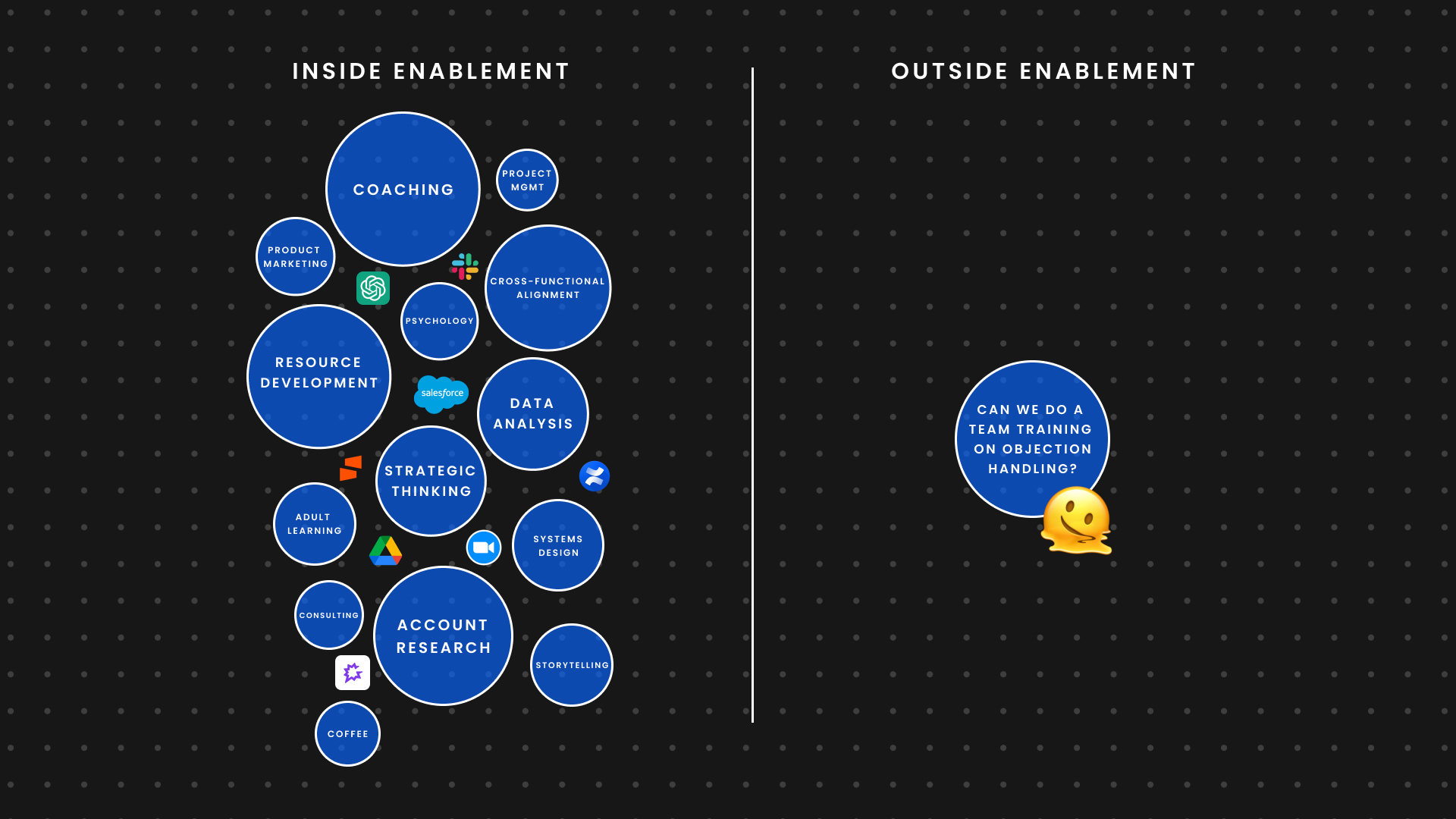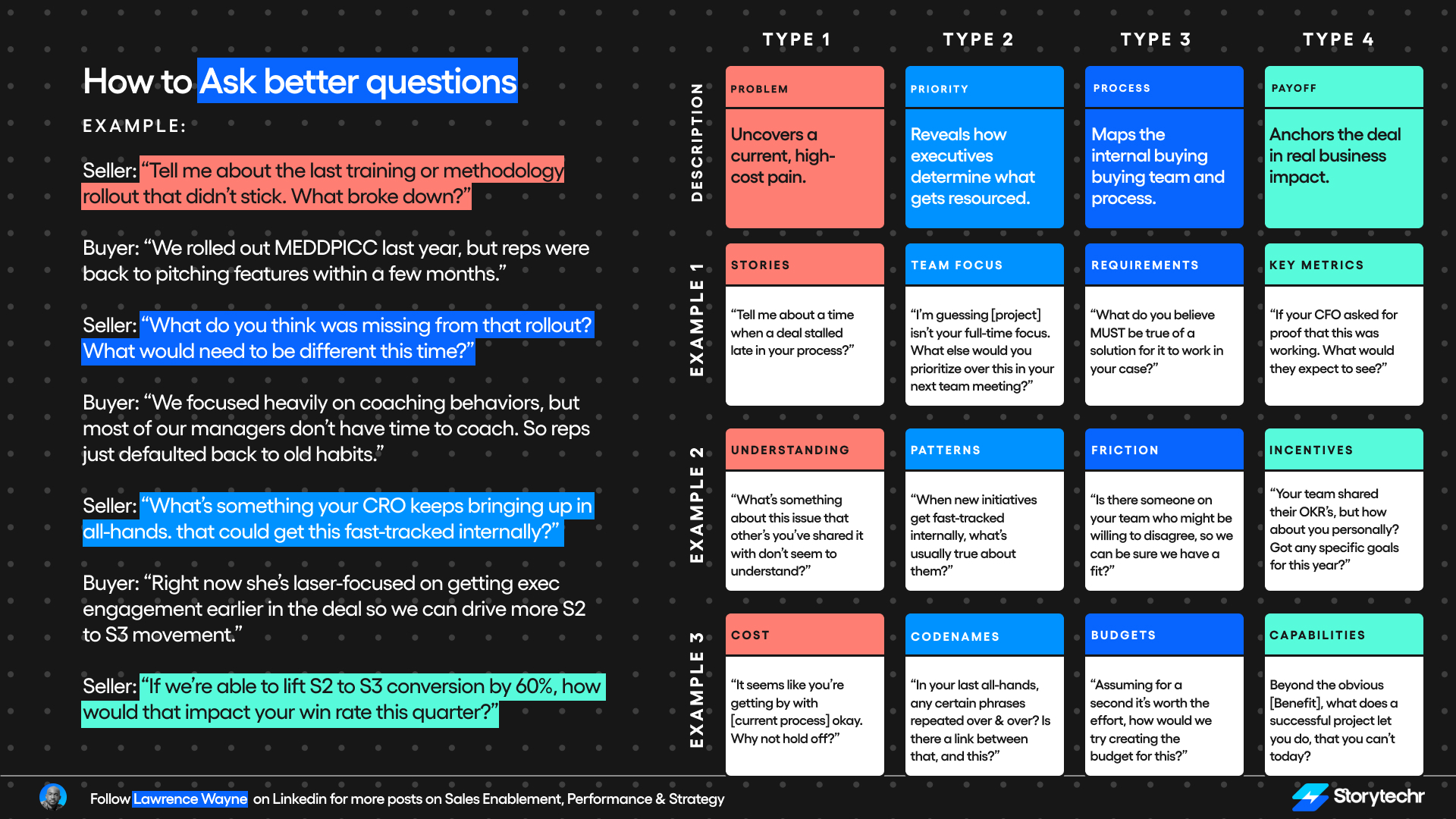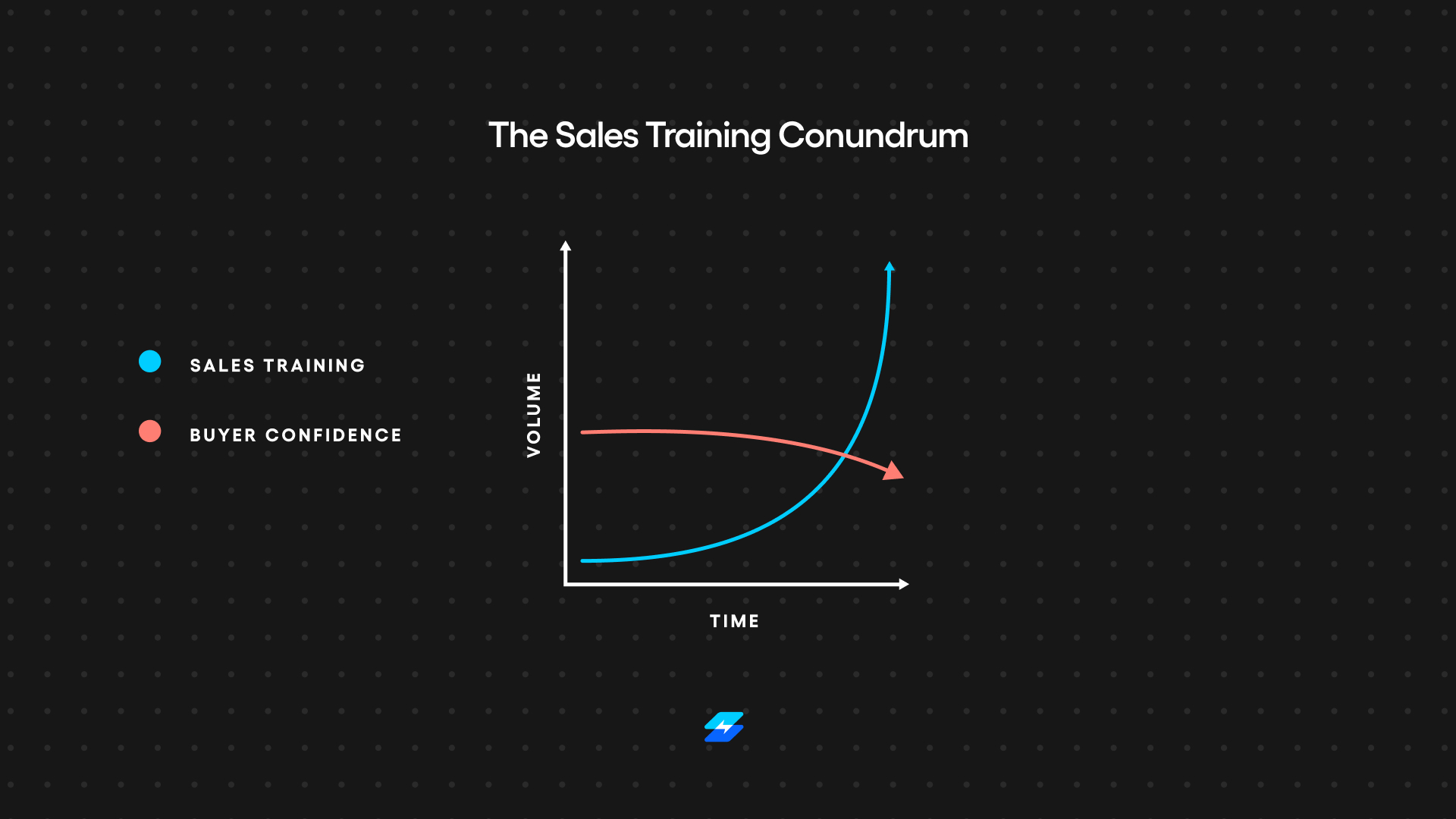When / Use Case
- During post-call analysis of sales conversations.
- To identify hidden objections and improve seller training.
- As a coaching framework for 1:1 or team sessions.
- In pipeline review meetings to align objection-handling strategies.
Inputs (What You Must Provide)
- Transcript of a sales call (pasted or PDF).
- Optionally, specify sales methodology (SPIN, Sandler, Challenger, etc.).
- Any contextual notes about deal stage or account background.
Output (Expected Format)
- A structured Markdown table of objections with:
- Objection statement
- Type (Current vs. Future State)
- Underlying need
- Emotional tone
- Suggested technique
- Example seller response
- A coaching summary of objection patterns and psychological drivers.
- Optional training drill recommendations.
Variations / Tips
- Run on multiple transcripts to detect recurring objection trends.
- Focus drills on the most common objection type (Current vs. Future).
- Use outputs as role-play prompts in sales training workshops.
- Combine with call recording software for live feedback loops.
When / Use Case
- During post-call analysis of sales conversations.
- To identify hidden objections and improve seller training.
- As a coaching framework for 1:1 or team sessions.
- In pipeline review meetings to align objection-handling strategies.
Inputs (What You Must Provide)
- Transcript of a sales call (pasted or PDF).
- Optionally, specify sales methodology (SPIN, Sandler, Challenger, etc.).
- Any contextual notes about deal stage or account background.
Output (Expected Format)
- A structured Markdown table of objections with:
- Objection statement
- Type (Current vs. Future State)
- Underlying need
- Emotional tone
- Suggested technique
- Example seller response
- A coaching summary of objection patterns and psychological drivers.
- Optional training drill recommendations.
Variations / Tips
- Run on multiple transcripts to detect recurring objection trends.
- Focus drills on the most common objection type (Current vs. Future).
- Use outputs as role-play prompts in sales training workshops.
- Combine with call recording software for live feedback loops.
more resources
More resources you might like
Grab more DIY resources. They'll open in a new tab.




